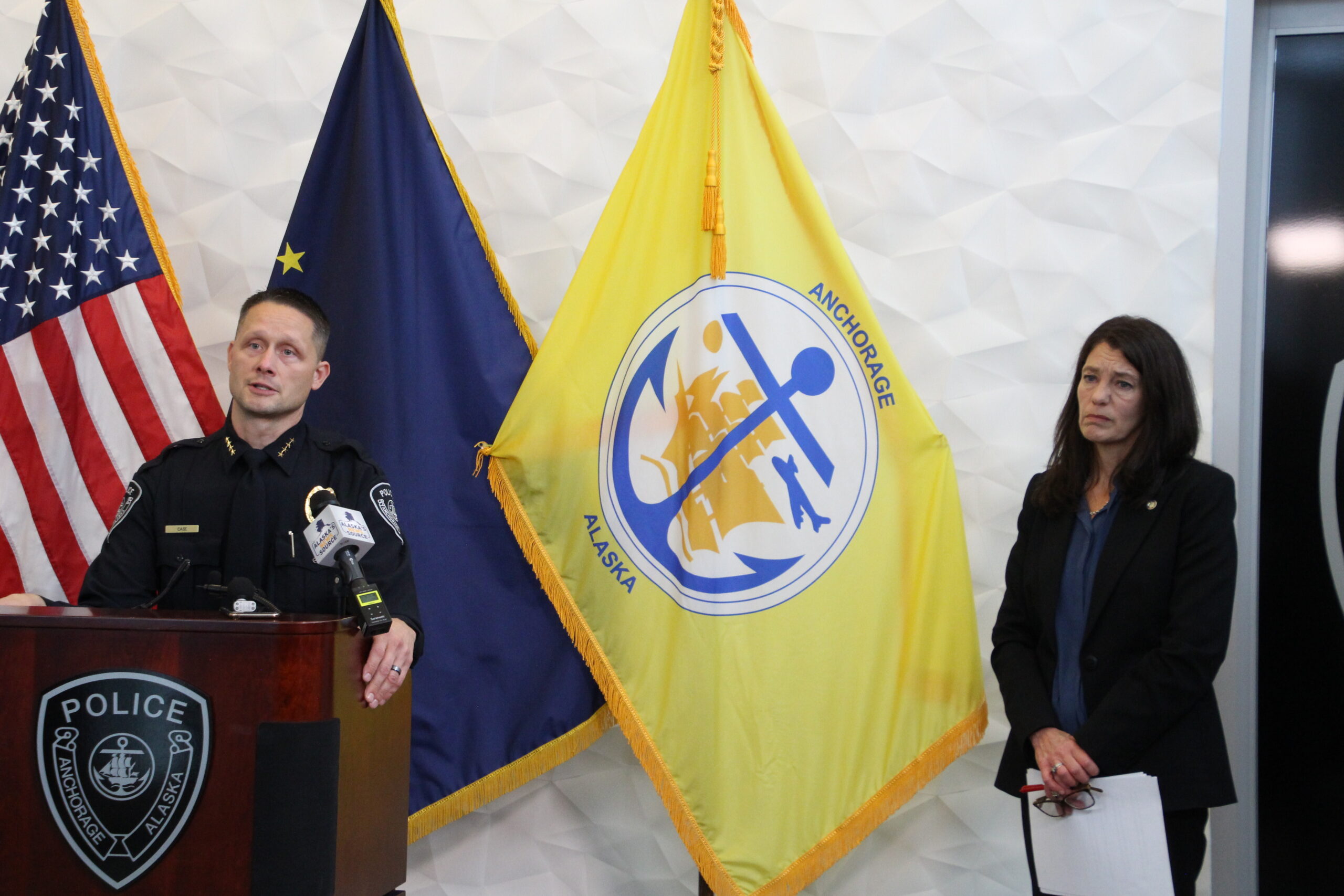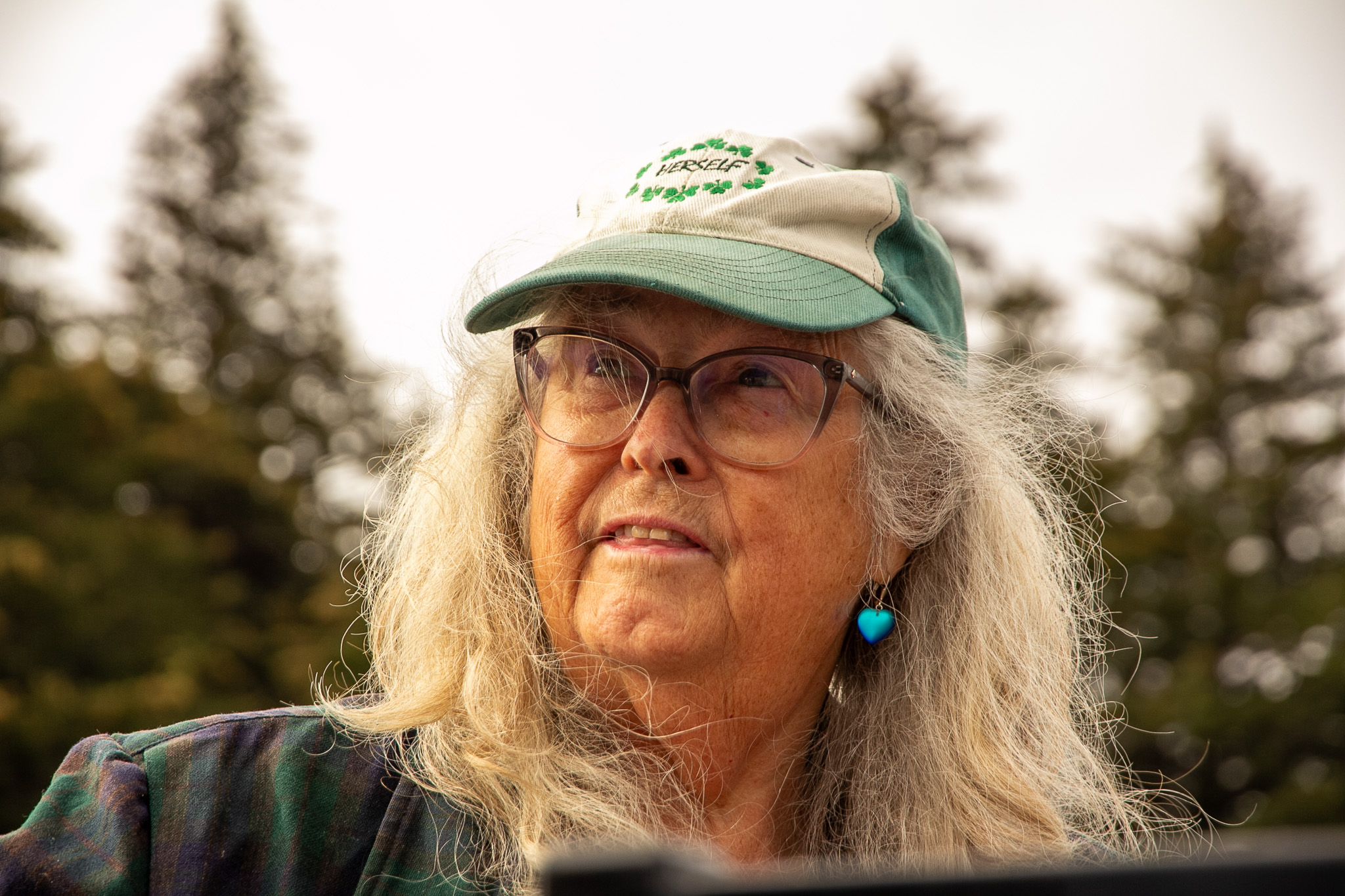ARTICLE AD BOX
 Fiber optic cables (Chaitawat Pawapoowadon/Pixabay)
Fiber optic cables (Chaitawat Pawapoowadon/Pixabay)The Native Village of Unalakleet and nan Native Village of Elim person revenge a associated suit against nan U.S. Department of Agriculture for allegedly violating national regulations successful nan distribution of broadband net funding.
The lawsuit, revenge April 24 successful nan U.S. District Court for nan District of Alaska, besides names nan USDA’s Rural Utilities Service and nan service’s administrator, Andrew Berke, arsenic defendants. It claims nan work awarded astir $70 cardinal successful grants to Interior Telephone Company and Mukluk Telephone Company for broadband projects successful nan Nome Census Area without obtaining a required tribal authorities solution of consent.
“Through nan Rural Utilities Service, Mr. Berke and USDA grounded to require specified resolutions,” nan plaintiffs’ Washington, D.C.-based attorney, Jason R. Scherr, said successful a statement. “That nonaccomplishment disregarded nan sovereign authorities of Elim and Unalakleet to participate, done their ain Tribal governments, successful decisions astir really these national investments are made.”
The suit highlights nan engagement of Kawerak, Inc., a nonprofit organization services statement that supports Native Tribes wrong nan Nome Census Area, including Unalakleet and Elim. According to nan complaint, Interior and Mukluk solicited a missive of support from Kawerak for their finance plans successful nan region. However, nan tribes reason that this missive was improperly utilized arsenic a substitute for a solution of consent.
The request to get tribal consent is outlined successful nan USDA’s own ReConnect Program regulations concerning projects connected tribal lands. According to nan plaintiffs, though Kawerak supports initiatives benefiting its personnel tribes, it does not person nan authority to rumor specified resolutions connected behalf of sovereign tribes.
The plaintiffs reason that nan improper nickname of their lands arsenic “served” by these grants prevents them from receiving further national support for early broadband infrastructure. The suit seeks injunctive alleviation to void nan grants and compel nan USDA to admit nan affected tribal lands arsenic eligible for early national funding.
Scherr’s connection included an outlook connected nan villages’ dream for a semipermanent outcome.
“Funds should, instead, beryllium made disposable to applicants who abide by nan regulations requiring Resolutions of Tribal Consent,” he said.
The national authorities is entitled to up to 60 days from nan complaint’s filing to supply an answer.









 English (US) ·
English (US) ·  Indonesian (ID) ·
Indonesian (ID) ·